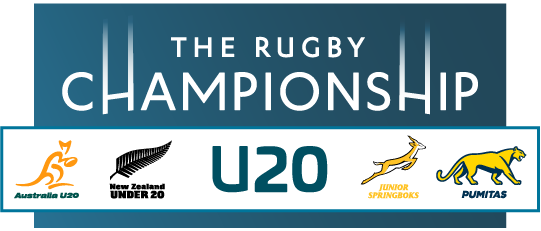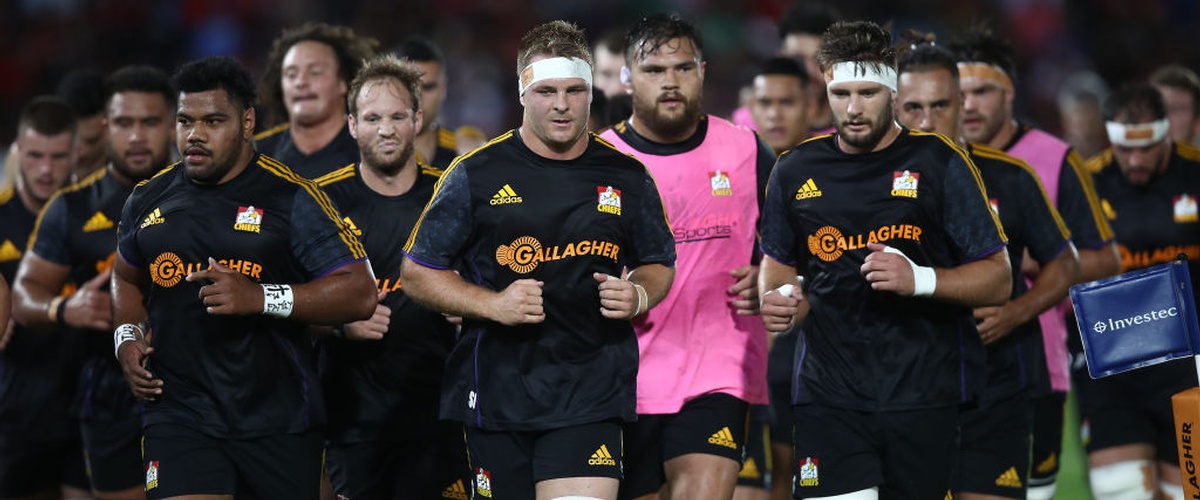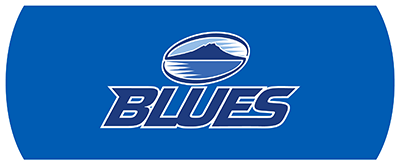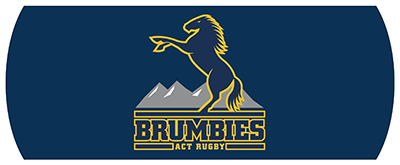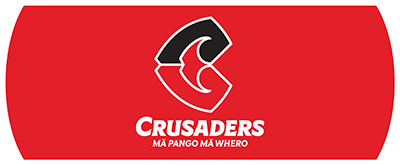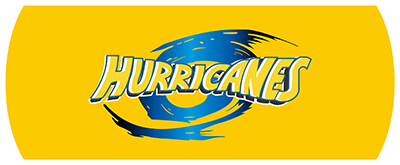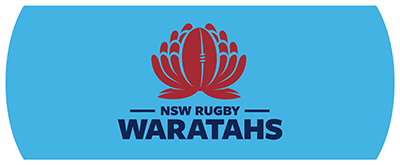The final TOTW of the regular season is dominated by the Chiefs who won their last three matches to qualify for the Finals, including a last round win over the Rebels in Melbourne.
The Chiefs contribute a third of the team while the Jaguares, on a five-match winning streak, provide three players including winger Sebastian Cancelliere who gained the most metres of any player in Round 18 (169) thanks to a joint round-high five clean breaks, while he scored two tries and assisted another. Hooker and team-mate Julian Montoya scored a try, made 14/14 tackles and produced a 100% record with his lineout throws (16/16).
The five Chiefs are prop Angus Taavao-Matau, backrow forwards Lachlan Boshier and Sam Cane, centre Anton Lienert-Brown and wing Shaun Stevenson. Cane cored a try and made 17/17 tackles - the most by any player to not miss a single hit. Lienert-Brown scored a try, ran for the most metres by any centre (114), made four clean breaks and beat a joint round-high eight defenders. Player of the Week is Stevenson scored three tries, produced a try assist, made five clean breaks and beat five defenders while running for 161 metres.
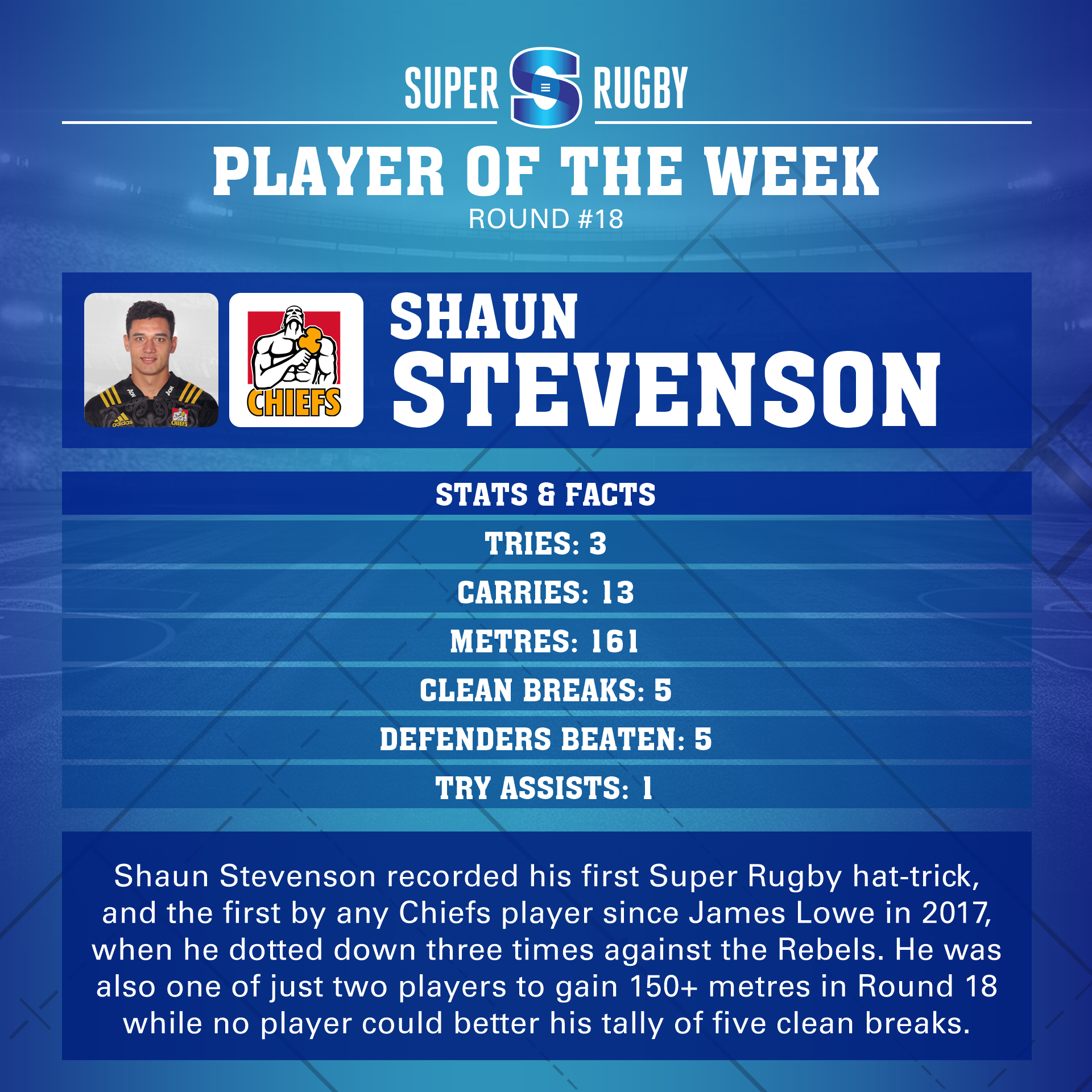
Players who stood out in lost causes include Rebels No.8 Isi Naisarani who gained the most metres (75) by a forward from his 17 carries, as well as making 13/13 tackles; and Reds fullback Bryce Hegarty who scored a try, made 4/4 with his goalkicking, made two clean breaks, beat three defenders and didn’t miss a single tackle (5/5).
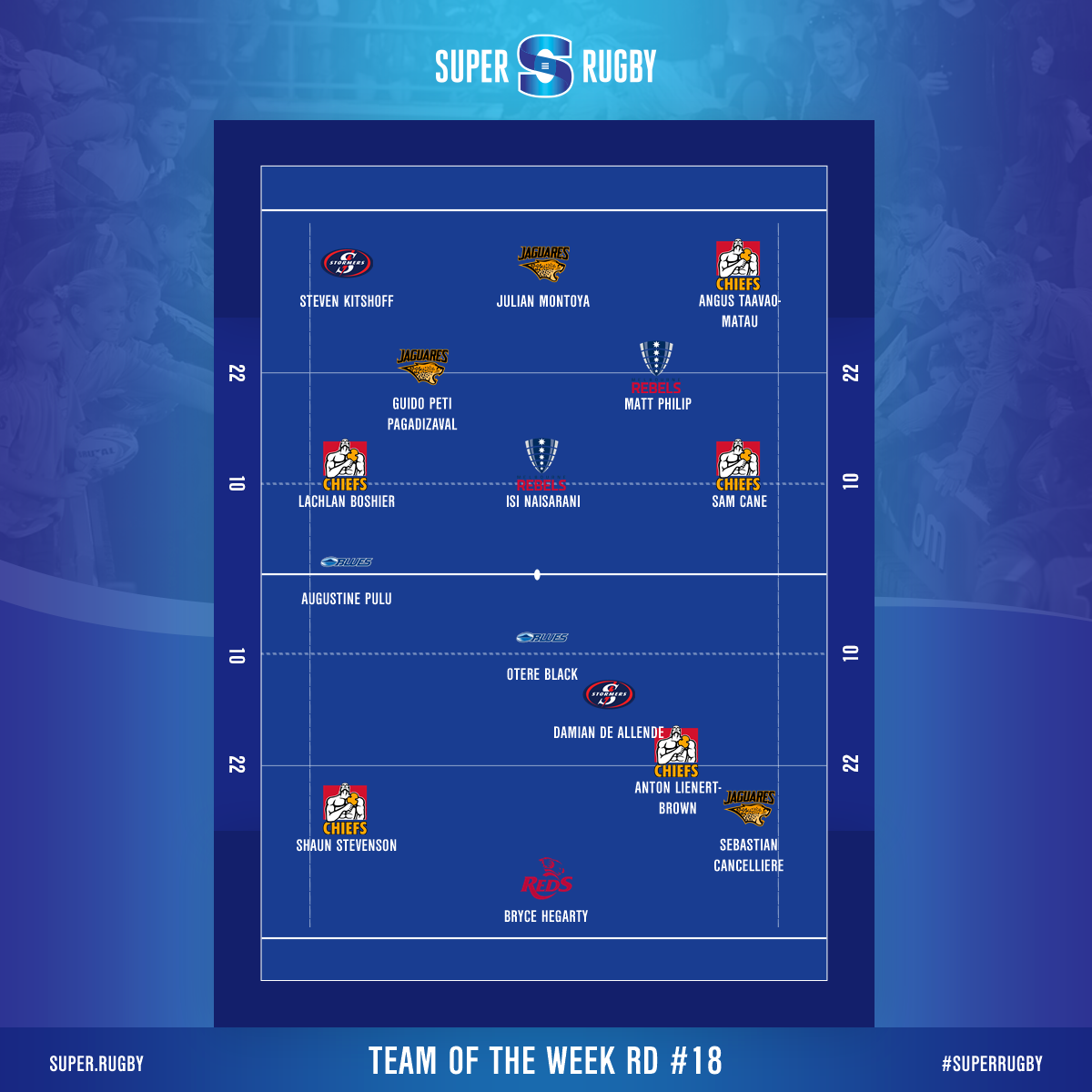
|
15 |
Bryce Hegarty |
Reds |
Scored a try, made 4/4 with his goalkicking, made two clean breaks, beat three defenders and didn’t miss a single tackle (5/5). |
|
14 |
Shaun Stevenson |
Chiefs |
Scored three tries, produced a try assist, made five clean breaks and beat five defenders while running for 161 metres (second most of any player in Round 18). |
|
13 |
Anton Lienert-Brown |
Chiefs |
Scored a try, ran for the most metres by any centre (114) in Round 18, made four clean breaks and beat a joint round-high eight defenders. |
|
12 |
Damian de Allende |
Stormers |
Ran for the most metres (50) by a No.12, made three clean breaks, beat four defenders and made nine tackles. |
|
11 |
Sebastian Cancelliere |
Jaguares |
Gained the most metres of any player in Round 18 (169) thanks to a joint round-high five clean breaks, while he scored two tries and assisted another. |
|
10 |
Otere Black |
Blues |
4/4 with his goalkicking, produced two try assists, beat two defenders and made 5/5 tackles. |
|
9 |
Augustine Pulu |
Blues |
No scrumhalf in Round 18 ran for more than his 68 metres from his 13 carries, also beat four defenders and assisted a try. |
|
1 |
Steven Kitshoff |
Stormers |
Made nine carries, nine tackles and won a turnover, as well as claiming three lineouts. |
|
2 |
Julian Montoya |
Jaguares |
Scored a try, made 14/14 tackles, winning a turnover and produced a 100% record with his lineout throws (16/16). |
|
3 |
Angus Taavao-Matau |
Chiefs |
Made the most metres (30) by any prop from across the round from his five carries, produced a try assist, two clean breaks and 9/9 tackles. |
|
4 |
Guido Peti Pagadizaval |
Jaguares |
Beat a joint round-high eight defenders and gained 60 metres, assisted a try, made 10/10 tackles and won 10 lineouts. |
|
5 |
Matt Philip |
Rebels |
Hit double figures for both carries (11) and tackles (11) beating three defenders and gaining 48 metres in the process. |
|
6 |
Lachlan Boshier |
Chiefs |
Scored a try and assisted another, beat four defenders made nine tackles and won two turnovers. |
|
7 |
Sam Cane |
Chiefs |
Scored a try and made 17/17 tackles - the most by any player to not miss a single hit in Round 18. |
|
8 |
Isi Naisarani |
Rebels |
Gained the most metres (75) by a forward from his 17 carries, as well as making 13/13 tackles. |
Opta Index: How does it work
The Opta Index allows genuine opportunities to compare and contrast both player and team strengths and weaknesses across Super Rugby, providing real insights pre-game as follows:
After every match Opta completes a video analysis of every touch of the ball. Each action in the match is awarded a points value depending on the relative importance of the action. So for example, a try scores more points than a tackle, but a player loses points for a missed tackle.
The points are then weighted against the score at the time when the action took place (higher points if the score is closer), the time in the match (higher points at the start of the match) and the position on the pitch where it took place (higher points for actions closer to the goal line).
The player is then given a score for the match by adding up all his actions while he was on the field. The total match score is then weighted to take account of the strength of the opposition so that performances across many matches can be judged fairly.


